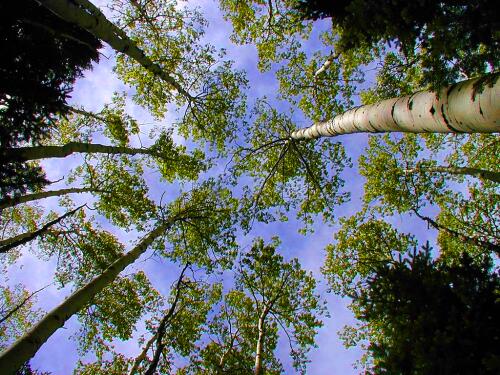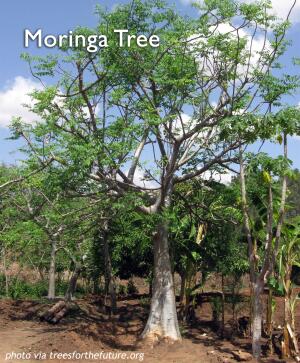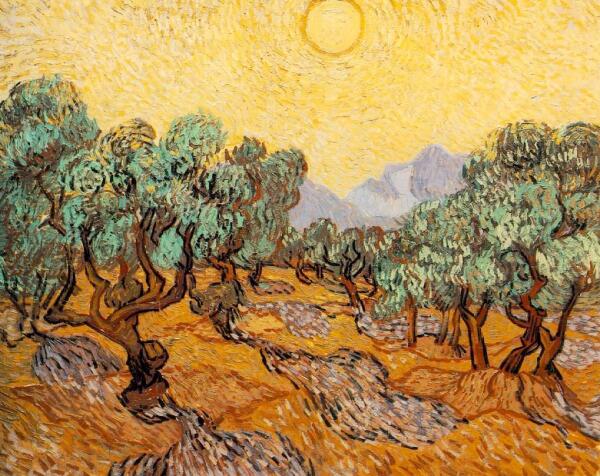
We all know that trees are important. Trees produce oxygen, which we need to survive. Beyond this basic truth, however, trees help sustain life on the planet in many other ways. We summarize some of these benefits below in "Four C's About Trees."
1. Cooling
Cities are often much hotter than surrounding suburban or rural areas, with temperatures differing between from rural to urban areas by as much as 22 degrees. This differential is explained as a "heat island" effect, which occurs because of the greater concentration of buildings, roads, and other infrastructure (and minimal vegetation) in cities. In short, fewer green leaves and more asphalt and concrete tends to trap and retain heat in cities.
Trees also have amazing abilities to absorb carbon dioxide (a greenhouse gas causing climate change). Depending on the variety, a single tree can absorb 35 to 800 pounds of carbon dioxide each year.

2. Cleaning
Trees are great filters. They clean the soil by absorbing pollutants or harmful chemicals through a process called phytoremediation. Trees can either store or even change the harmful products into a less dangerous form. Additionally, trees clean the air by absorbing harmful particulates and deadly carbon monoxide gas.
3. Conservation
Flooding is an ever increasing problem with the extreme weather brought about by climate change. Planting more trees near rivers and other water sources helps mitigate erosion by holding the earth in place and helps reduce high run-off by absorbing more water through root systems.
Along with flood protection, forests provide habitat to millions of species of other plants and animals, which could not survive without them.
Read this Washington Post article about how deforestation shares the blame for the Ebola epidemic.
 4. Consumption
4. Consumption
With edible, nuts, fruit, leaves and even roots (depending on the species), trees help to feed the world. One of the more amazing trees being grown in developing countries is the moringa tree, which provides:
- 7 times the vitamin C of oranges
- 4 times the vitamin A of carrots
- 4 times the calcium of milk
- 3 times the potassium of bananas
- 2 times the protein of yogurt
Trees and shrubs can also be interspersed with other crops in ways that help increase yields and reduce water consumption. This technique, known as agroforestry, provides benefits for people and the environment.
Beauty Beyond the C's

In addition to all the practical benefits, let's not forget that trees are astoundingly beautiful, inspiring poets and artists since time immemorial. As Joyce Kilmer's classic verse proclaims: " I think I shall never see, a poem as lovely as a tree."
Read more about trees in the Planet Aid Post.

